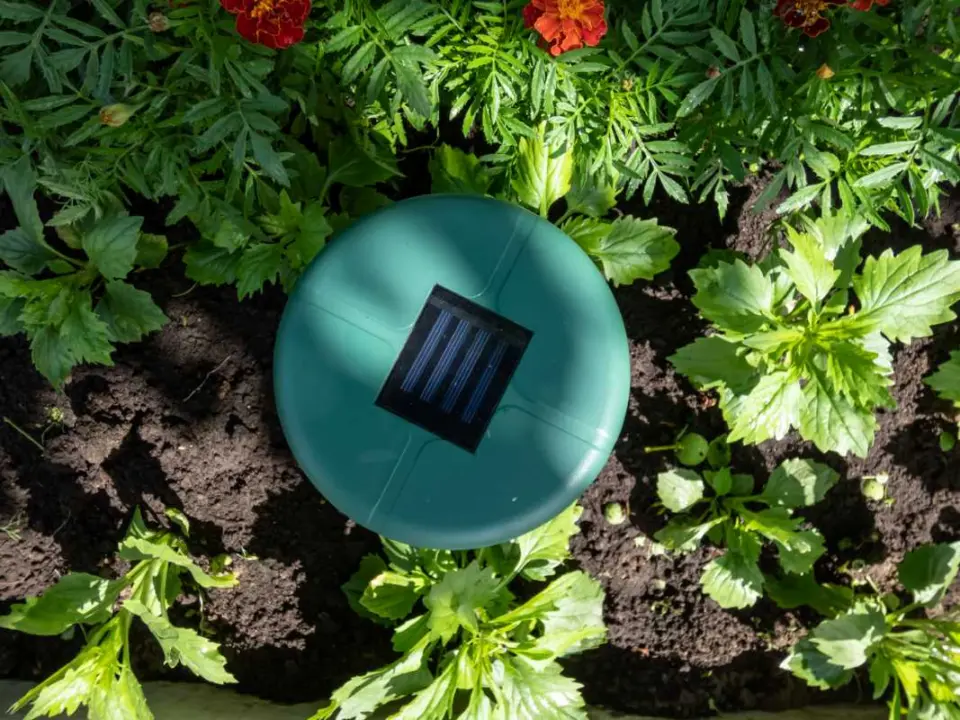Do Ultrasonic Pest Repellers Work?

In today’s world, where convenience and simplicity are key, it’s no surprise that pest control options have adapted to fit the plug-and-play lifestyle. The rise of electronic pest control solutions has made it easier than ever to tackle pest issues with minimal effort. Among these modern approaches, ultrasonic pest repellers have garnered attention for their potential to keep pests at bay using sound. The concept is intriguing—simply plug in the device, and it emits high-frequency sound waves that are meant to disrupt the behavior of pests.
But the question remains—do ultrasonic pest repellers actually work? In this post, we’ll explore how these devices function, the potential benefits and drawbacks, and what the studies and real-world experiences show about their effectiveness in pest control.
The Functionality of Ultrasonic Pest Repellers
The idea of using sound to control pests is nothing new. It dates back hundreds of years in Chinese farms. They have a record of mechanical contraptions that would emit sound to keep pests away from their crops.
In this situation, companies are producing devices that are ultrasonic emitters. This means that the sound made by their product is beyond human hearing. The benefit is that they can target pests without being detectable by people. The concept is quite simple: plug it in, and it will emit a sound that will disrupt pest patterns and behaviors.
Interference to the System

While the theory is excellent, it is essential to remember that companies test their products in a lab. When considering a device, consider the possibility of interference. The devices are sound-based. Anything that gets in the way of that sound wave will diminish its effectiveness. Since most people are more concerned about protecting things like food storage rather than empty rooms, the potential for device interference is relatively high. Other items that would interfere include furniture, walls, and even carpeting.
Conversely, these devices can interfere with unintended targets, such as hearing aids, pet hamsters, phone signals, and alarm systems. While pets such as cats and dogs are not typically affected, other non-rodent pets such as rabbits may be.
Are Ultrasonic Pest Repellents More Humane?
One of the big draws to ultrasonic pest repellers is the perception of being more humane than other options. The underlying explanation of how ultrasonic pest control devices work is they rely on an audiogenic seizure response.
This response may result in disoriented or sporadic running, convulsions, and even the possibility of death from cerebral hemorrhage. Not all pests respond the same way, but if humane methods are your primary goal, it is worth investigating the particular device of choice and the pest at hand.
What The Studies Show
Unfortunately, the studies are not entirely conclusive. They have produced mixed results. One of the reasons for this is not all pests behave the same. Some insects that chirp, like a house cricket, are more likely to have sound interfere with their mating patterns.
In a study by Purdue University, this turned out to be precisely the case. The sounds disrupted the crickets but not the cockroaches. Ants and spiders are other pests that are not noise-dependent. Hence, they also showed up as unaffected in the study. Because of the differences in testing and claimed efficacy, companies have received warning letters and sometimes faced lawsuits from the FTC.
Adapted Tolerance
Some studies have shown that pests initially affected by the sound develop an increased tolerance. This is not surprising as pests of all sorts have shown a fantastic ability to adapt to chemicals and environmental changes meant to keep them away. This is the driving cause behind pest professionals’ rotating modes of action throughout the year to stay ahead of pests.
What Really Happens
Despite what one study may or may not show, many individuals have had success with them. As with any questioned solution, the only thing that matters is whether it works in your situation. Is the cost worth the experiment? Can the item be returned under specific conditions if it is not satisfactory? These are a couple of questions that should be considered when deciding whether or not to pursue ultrasonic pest repellers in your home.
Find the Right Pest Control Solution With Rove Pest Control
If you find that ultrasonic pest repellers work for your situation, monitor your home for any signs that pests may be developing tolerance over time. It’s important to stay proactive and keep an eye on the effectiveness of the devices. However, if you discover that ultrasonic pest repellers are not giving you the results you hoped for, don’t worry. There are plenty of other effective pest control solutions available, including chemical treatments, traps, mechanical controls, and environmental adjustments.
At Rove Pest Control, we offer various expert services tailored to your specific needs. Whether you’re dealing with pests in your home, business, or property, our team can help you find the right solution. Contact us online today for a free estimate, and let us help you create a pest-free environment with our trusted pest control services.
